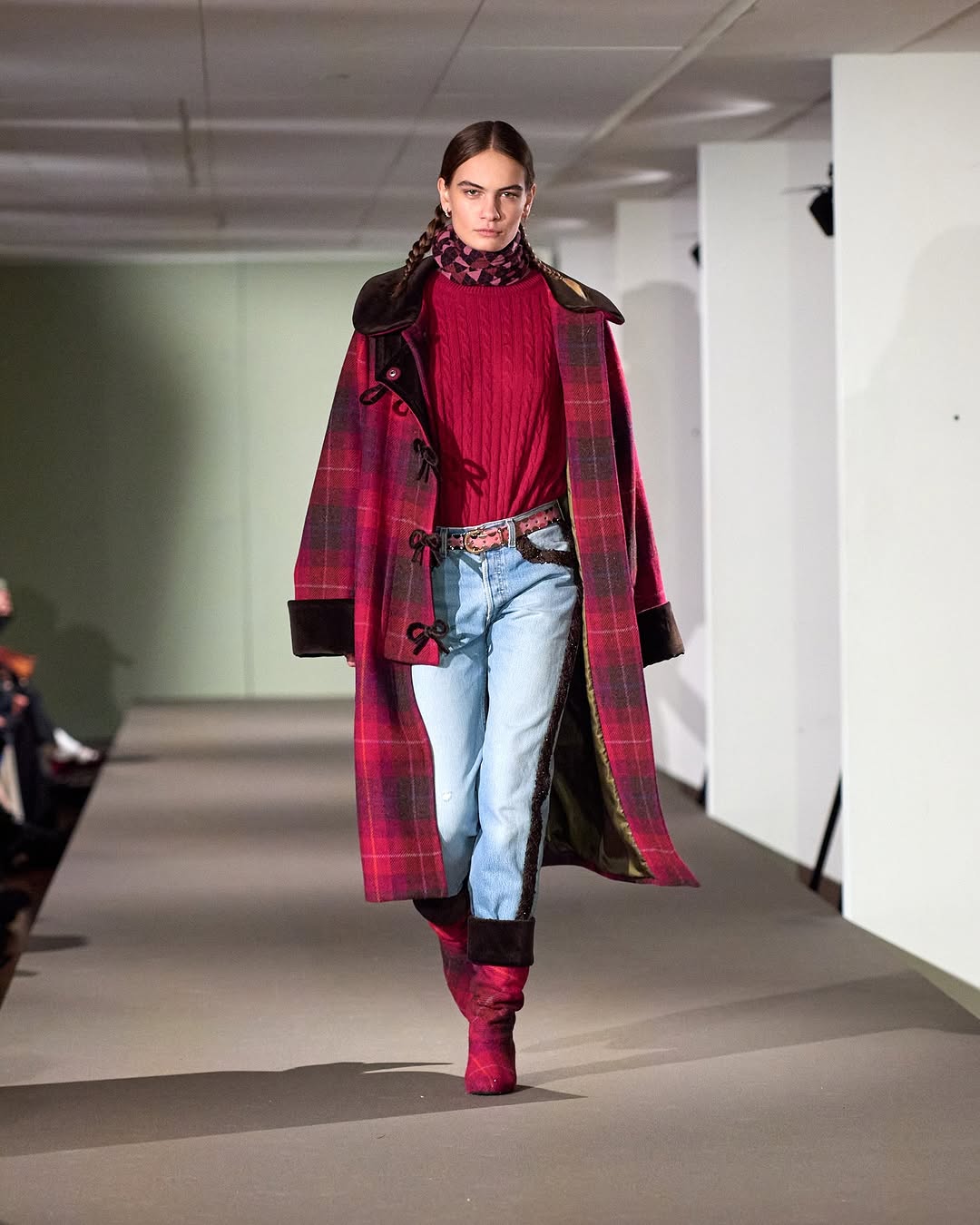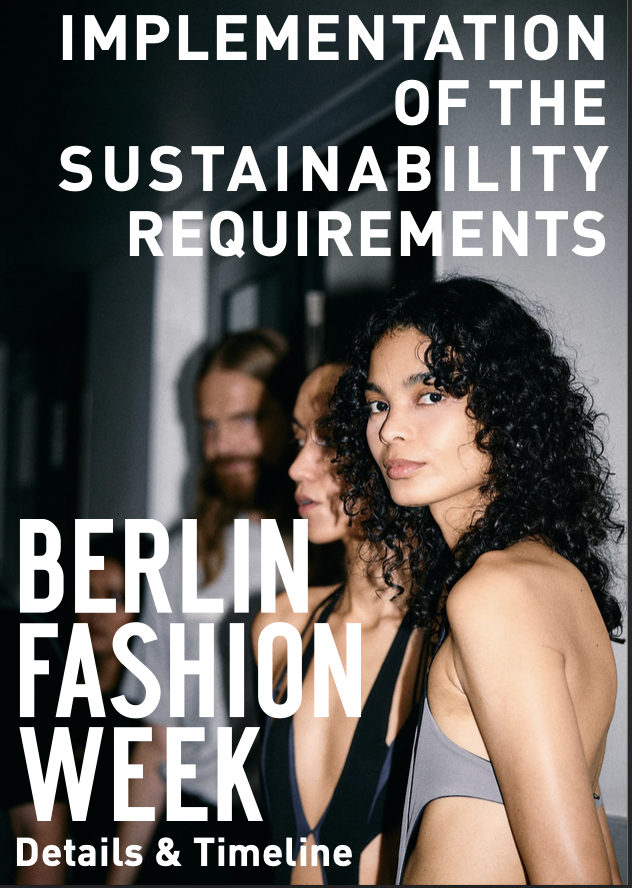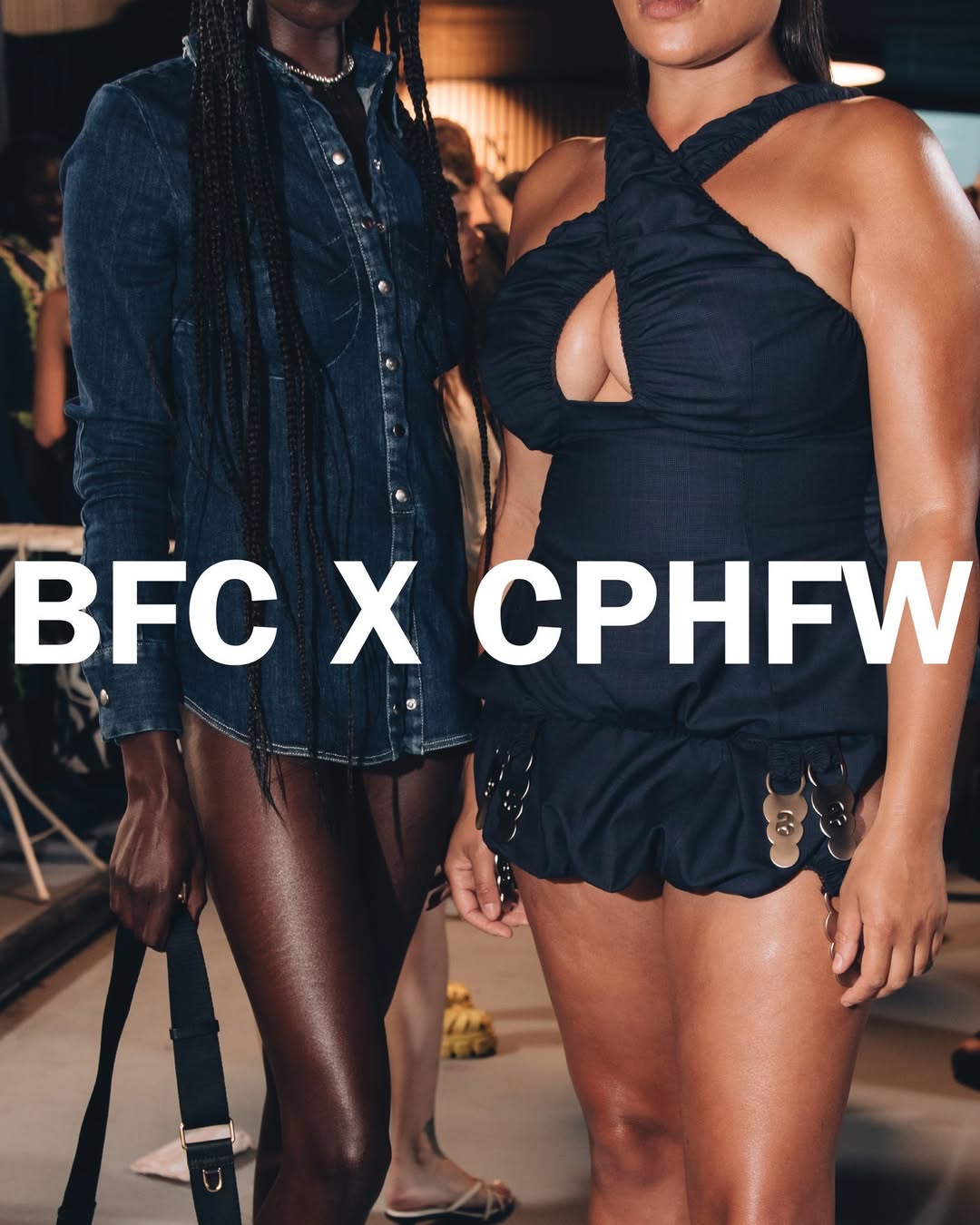Among growing industry conversations on the topic of sustainability, this year's, 2025, edition of Copenhagen Fashion Week (CPHFW) introduced a structured approach aimed at integrating environmental and social responsibility into its core programming.
In 2023, Copenhagen Fashion Week established its Minimum Sustainability Requirements— a set of clear and mandatory standards that brands should meet in order to be included in the official show schedule. Updated in 2024 and implemented during this AW25 season, these standards now cover nearly every part of the fashion value chain.
By following a framework composed of accountability structures, circular design, consumer education, ethical materials, and eco-friendly venues, CPHFW reexamined what a sustainably responsible fashion week looks like.
 Source: @cphfw
Source: @cphfw
CPHFW values
CPHFW’s approach is built on transparency, inclusion, accountability, and innovation that is about measurable progress. Sustainability is embedded into the structure of participation in the event, and their Minimum Standards now span six key areas:
Strategic Direction: Brands must have a formal ESG strategy and share their progress publicly.
Design: Products must be designed for durability, repairability, and longevity.
Smart Materials: At least 60% of each collection must be made from certified, recycled, deadstock materials.
Working Conditions: Companies are required to adhere to ethical labour practices and ensure inclusive, harassment-free environments.
Consumer Engagement: Brands must communicate their sustainability efforts publicly.
Showcase Production: Zero-waste principles and plastic-free shows are mandatory.
New standards
The fashion industry accounts for up to 8-10% of global CO2 emissions, making it one of the most polluting industries. Despite this, the majority of fashion events and venues continue to promote non-responsible production and trends, with little attention to long-term consequences.
By imposing sustainability as a requirement, CPHFW is proving that fashion weeks can be both influential and accountable, a mindset that has set off a chain reaction across Europe.
London Fashion Week is adopting the same framework for its NEWGEN program, with full implementation by 2026.
Berlin Fashion Week has launched a pilot program for 35 brands and is planning full adoption in February 2026, backed by government funding.
Amsterdam Fashion Week is starting its own pilot in 2025, aiming for full rollout in September 2026.
Oslo Runway and Norwegian Fashion Hub are already on board.
 Source: @cphfw
Source: @cphfw

Source: @fashionweek.berlin
 Source: @cphfw
Source: @cphfw
What's next?
This year's CPHFW, 2025, has definitely set an example for other fashion weeks worldwide, demonstrating that sustainability can be systemic, practical, and enforceable.
While challenges such as accessibility for smaller brands, the verification of transparency, and the lack of global standardisation remain relevant, they do not undermine the significance of CPHFW's progress. Rather, they highlight the necessity for ongoing discussion, improvement, and industry collaboration.
Want to learn more about brands that are redefining what sustainable fashion looks like? Take a look at Reflwan's news page!
What are the Minimum Sustainability Requirements set by CPHFW?
The Minimum Sustainability Requirements are a set of 19 mandatory criteria that brands must meet to be eligible for inclusion in Copenhagen Fashion Week’s official show schedule. These standards cover six key areas: Strategic Direction, Design, Smart Material Choices, Working Conditions, Consumer Engagement, and Showcase Production.
What impact has CPHFW had so far?
CPHFW’s framework has inspired other major fashion events to adopt similar sustainability standards, including: London Fashion Week, Berlin Fashion Week, Amsterdam Fashion Week, Oslo runway, Norwegian Fashion Hub.
What does the future of fashion look like?
The future suggests an increased alignment across global fashion events, stronger industry collaboration, and the increasing expectation that sustainability be implemented into every layer of events' planning, production, and brand participation. CPHFW serves as a blueprint for what that transformation can look like in practice.
.png&w=3840&q=100)

.png&w=3840&q=75)


.png&w=3840&q=75)
.png&w=3840&q=75)

.jpg&w=3840&q=75)